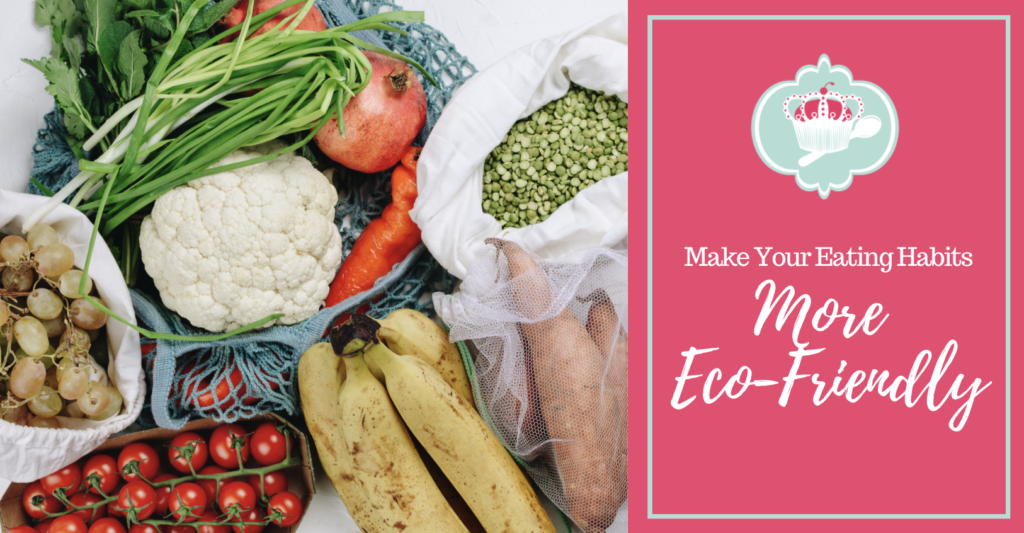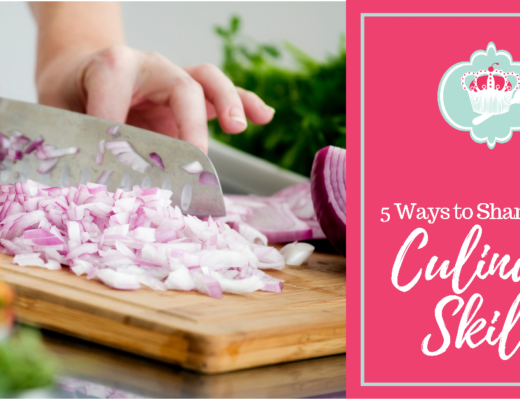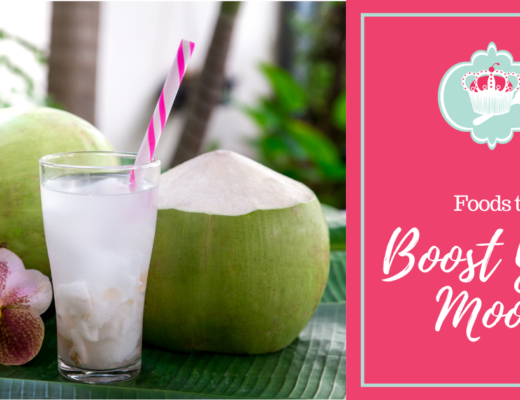The foods you choose to eat don’t just impact your own health, but the health of the planet. If you’ve been looking for ways to be more environmentally-friendly, it could be worth making some changes to your diet and the way you shop for food. Below are just a few questions to ask yourself that can help you to assess just how eco-friendly your dietary habits are.

How much of your food comes wrapped in plastic?
Nowadays, so many foods come in plastic packaging. Much of this plastic is now recyclable, but it still uses up energy to recycle.
Where possible, it can be worth switching to plastic-free foods. For example, when buying fruit, consider whether you really need to buy fruit wrapped in plastic. Choosing fruit that isn’t wrapped in plastic reduces the demand on plastic packaging, all in all helping to combat plastic pollution.
It is worth noting that many processed foods such as candy and microwave meals (which tend to be low on nutritional value) come in plastic packaging. Reducing your consumption of these foods could help to reduce your plastic consumption and make you healthier
How much locally sourced food do you eat?
Eating locally sourced food is good for the environment because it reduces the need to import as much food, reducing emission from trucks, ships and planes. Healthy eating practices such as macrobiotics typically promote consumption of locally sourced foods as a way of helping the planet (although there’s a lot more to the definition of macrobiotics). Eating locally is also key to going organic as it reduces the need to use chemicals such as preservatives.
While some grocery stores sell local produce, you may find that you have to visit specialist stores and farmers markets to find such products. Another way to ensure that your food is local is to grow it yourself. Simply growing a couple vegetables or herbs in your yard or on your kitchen windowsill can be great for the environment – it can reduce trips to the grocery store, plus you can make sure that no earth-unfriendly chemicals such as pesticides are used.
How much meat and dairy do you consume?
Meat and dairy farming has a big negative impact on the environment due to the amount of energy and resources needed to farm these animals. Beef and milk is particularly bad for the environment – cows produce methane, which is a big contributor to harmful greenhouse gases.
By cutting back on meat and dairy and eating more vegetables, you can reduce the demand on this industry and save the planet. Consuming less dairy and beef could be particularly worthwhile and it prevents the need to breed more methane-producing cows.
How much food do you waste?
You should also consider the amount of food you waste. Buying food only to throw it away isn’t just a waste of your money – it’s also a huge waste of the earth’s resources. All the energy used to produce, transport and store that food is for nothing.
By making sure that you only buy food you need, you can reduce unnecessary use of the earth’s resources. You can do this by planning meals ahead and keeping an eye on expiry dates.



